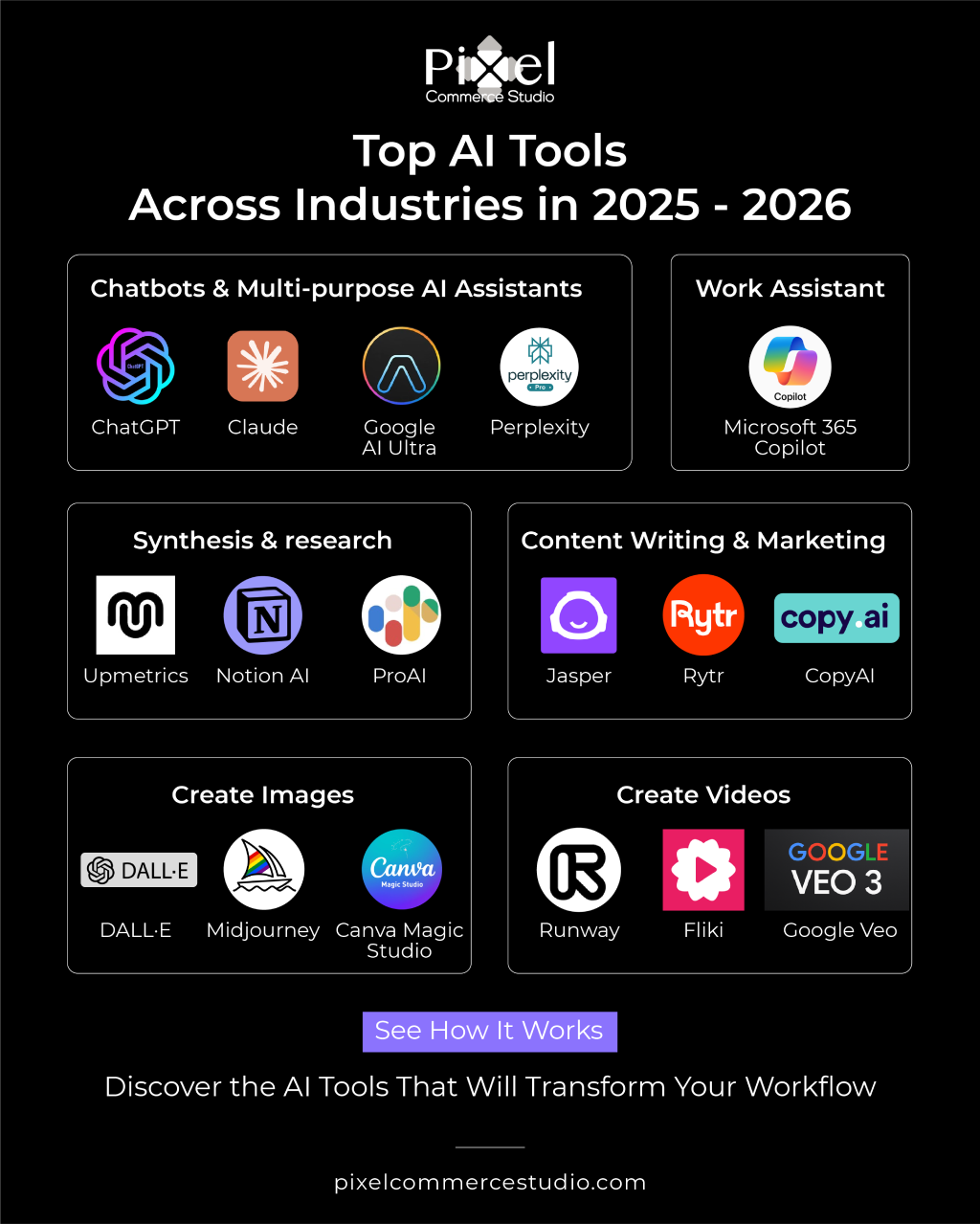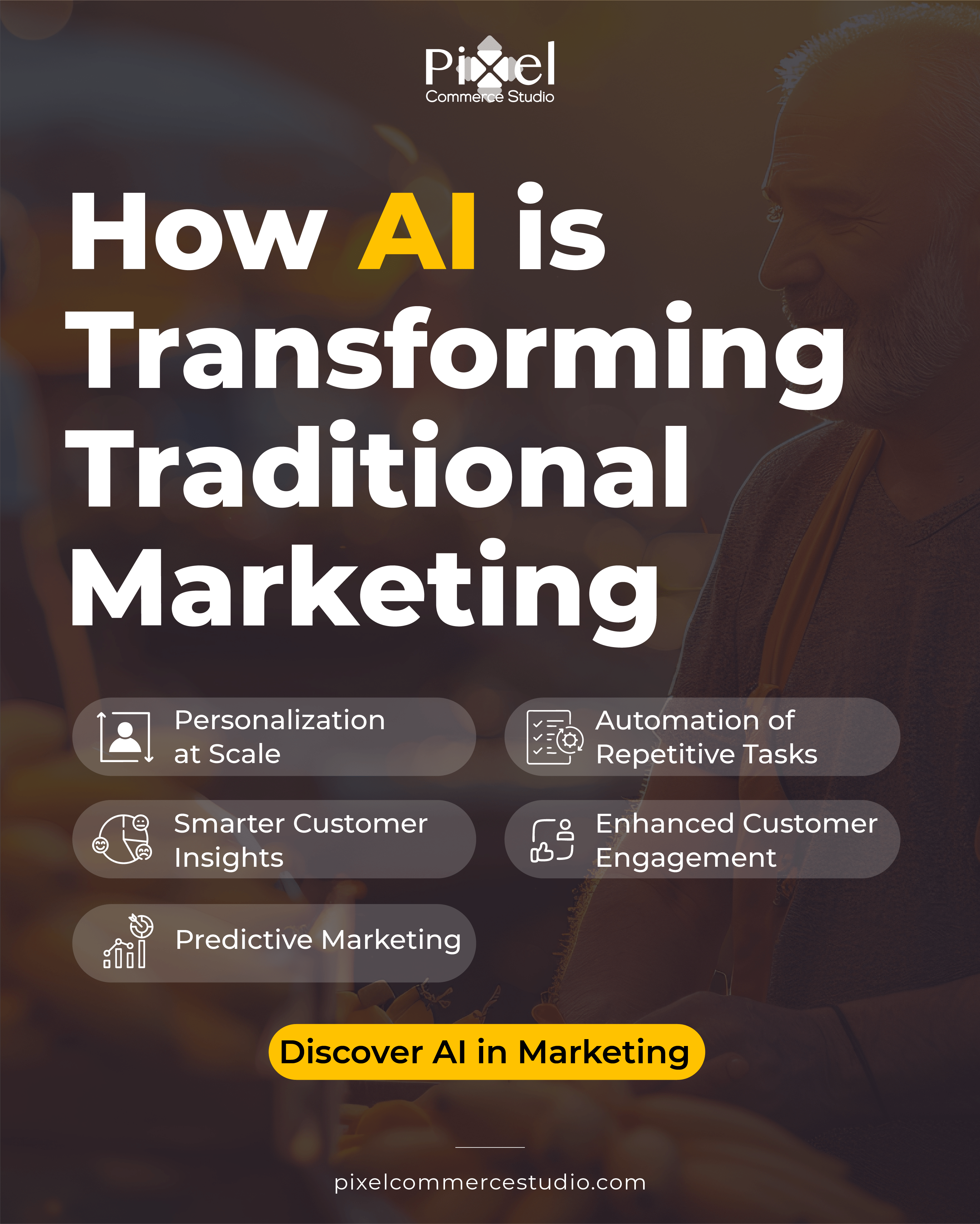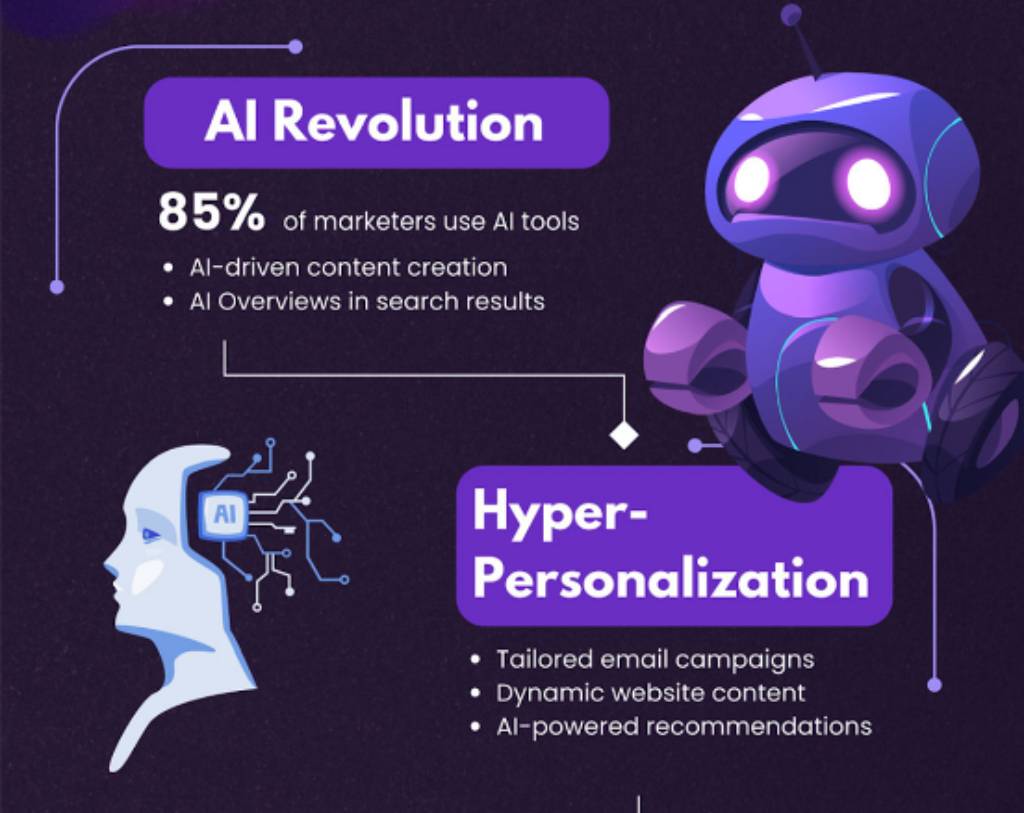The Ethical Guide to Using the Best Free AI Tools
By Ruby PhamDigital Marketing & Growth Strategy Lead, Pixel Commerce Studio
November 10, 2025
Navigating free AI tools? This guide covers the ethical considerations, from data privacy and bias to transparency, ensuring you use AI responsibly.

Responsible AI Usage: An Essential Guide
While the best free AI tools offer a wide range of benefits, using them responsibly is crucial. The rapid development of AI has brought to light a number of ethical considerations that every user should be aware of. From data privacy and bias to transparency and misuse, a mindful approach to AI can prevent unintended harm and ensure a positive impact. Consequently, being a responsible AI user is as important as knowing how to use the tools themselves.

First and foremost, data privacy is a major concern with any AI tool. Many free AI tools use your input data to train their models, which means the information you provide could be used to improve the AI for future users. Therefore, you should always be cautious about what you share. For example, avoid putting sensitive personal information or proprietary company data into a public-facing AI tool.

Next, be aware of the issue of bias. AI tools are trained on vast datasets, and if that data contains historical biases, the AI can perpetuate them. For instance, an AI tool used for content creation might inadvertently produce text that is biased or stereotypical. Most importantly, you should always review the AI's output for any signs of bias and use your own judgment to ensure your content is fair and inclusive.

Furthermore, a key ethical consideration is transparency. When you use AI to create content, it is often a good idea to disclose this to your audience. This builds trust and avoids misleading your readers. Moreover, if you use a free AI tool for a business or academic purpose, make sure you understand the tool's terms of service and how it handles your data.
Finally, misuse is a serious concern. While a free AI writing tool can be used to generate creative and helpful content, it can also be used to generate misinformation, deepfakes, or harmful content. It is the responsibility of every user to use these tools for good and to report any misuse they encounter. As these points show, the ethical use of the best free AI tools requires a commitment to privacy, fairness, and transparency, ensuring that AI remains a force for good in the world.
Stay Ahead — Join the Pixel Insider List
Want more strategies on marketing, branding, technology, AI tools, or eCommerce growth?
Subscribe to get:
Like This Blog? Explore More from Pixel Commerce Studio
Dive into more insights across our most popular categories:







